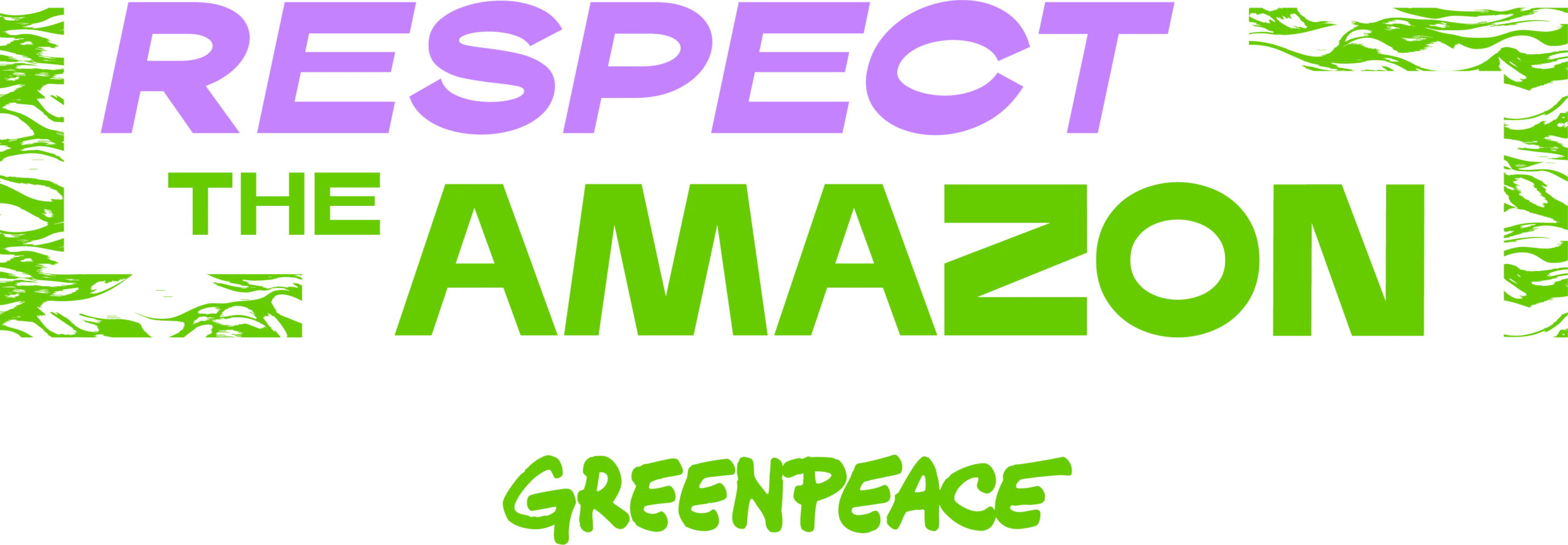Slave labor in direct suppliers
Farms caught by the government using labor analogous to slavery supplied cattle to JBS, according to a report by Repórter Brasil. In one of them, according to the report, among the workers were nine Indigenous individuals from the Taunay/Ipegue Indigenous Land, inhabited by the Terena ethnic group, in the municipality of Aquidauana, Mato Grosso do Sul (MS). The properties sent the animals directly to JBS slaughterhouses, without any form of triangulation or “laundering” of origin.
